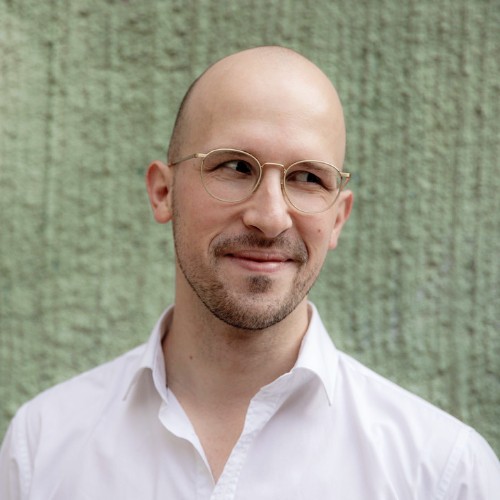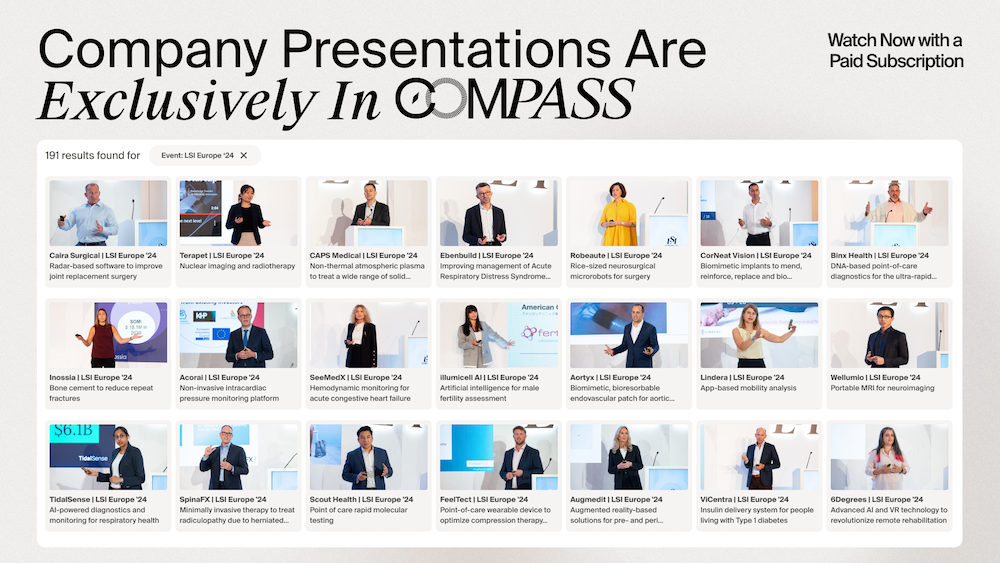- Video Library
- Peter Schlecht, Braingrade - Intelligent Brain Implant | LSI Europe '22
Peter Schlecht, Braingrade - Intelligent Brain Implant | LSI Europe '22
shaping the future of
Medtech at LSI USA ‘26
Waldorf Astoria, Monarch Beach

Peter Schlecht
My goal in life is to change the world while increasing the chance of a promising future.
I describe myself as an entrepreneur.
With Braingrade, we'll provide direct access to our brains and improve our cognitive abilities while helping millions of Alzheimer's patients.
After the exit of my AI sales company, I founded the social selling agency Artificial Link and the neuroscience company Braingrade. I am happy that I had the opportunity to work with 100+ tech companies to scale their business development incl. Microsoft, Twilio & Zuora.
Besides that, I support as a Mentor for Singularity University, Singa, Startupbootcamp, Betahouse, and Founder Institute.
My charitable activities include Bitkom, Wirtschaftsrat, Mensa, Sandbox & Founders Pledge.
Peter Schlecht
My goal in life is to change the world while increasing the chance of a promising future.
I describe myself as an entrepreneur.
With Braingrade, we'll provide direct access to our brains and improve our cognitive abilities while helping millions of Alzheimer's patients.
After the exit of my AI sales company, I founded the social selling agency Artificial Link and the neuroscience company Braingrade. I am happy that I had the opportunity to work with 100+ tech companies to scale their business development incl. Microsoft, Twilio & Zuora.
Besides that, I support as a Mentor for Singularity University, Singa, Startupbootcamp, Betahouse, and Founder Institute.
My charitable activities include Bitkom, Wirtschaftsrat, Mensa, Sandbox & Founders Pledge.

17011 Beach Blvd, Suite 500 Huntington Beach, CA 92647
714-847-3540© 2026 Life Science Intelligence, Inc., All Rights Reserved. | Privacy Policy







